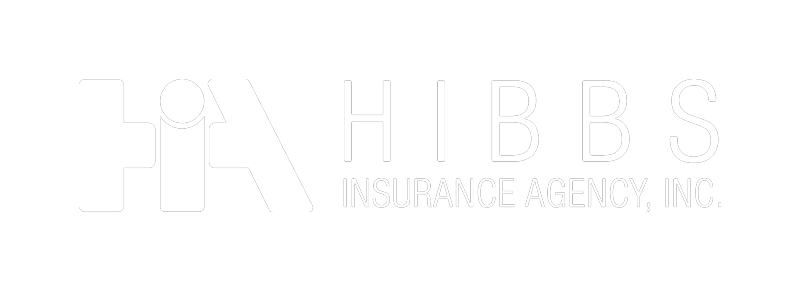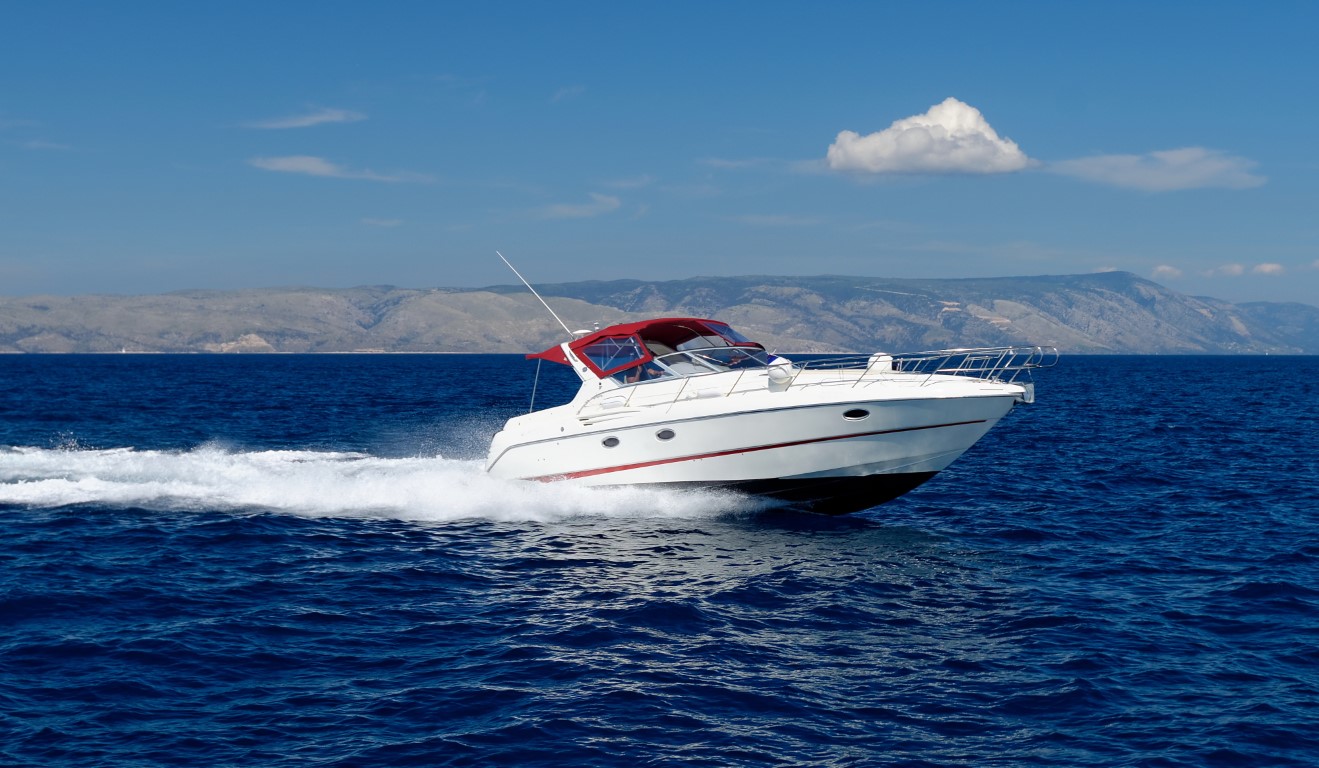Boating can be a fun and exhilarating experience, but it’s important to remember that accidents can happen on the water just as easily as they can on land. That’s why having proper insurance is essential for any boat owner. In this beginner’s guide to boat insurance, we will cover the basics of boat insurance and provide you with the information you need to make an informed decision.
Types of Boat Insurance
There are several types of insurance policies available, and each one provides different levels of coverage. Liability insurance is the most basic type of insurance. Physical damage coverage, comprehensive coverage, and uninsured/underinsured boater coverage are other types of coverage available to boat owners.
Factors Affecting Insurance Cost
Several factors affect the cost of insurance, including the type of boat, its usage, location, the owner’s experience, and safety features. The type of boat and its usage are significant factors in determining the cost of insurance. The boat’s location can also affect the cost of insurance, as some areas have a higher risk of accidents or theft. The owner’s experience and safety features such as GPS, alarms, and fire extinguishers can also impact insurance rates.
Coverage Limits and Deductibles
Insurance policies come with limits and deductibles. Liability coverage limits determine the maximum amount of coverage provided for damages or injuries caused by the boat owner. Physical damage coverage limits determine the maximum amount of coverage provided for damages to the boat itself. Deductibles are the amount the policyholder must pay out of pocket before the insurance coverage kicks in.
Additional Coverage Options
Insurance policies can also include additional coverage options, such as personal property coverage, towing and roadside assistance, fuel spill liability coverage, and trailer coverage. Personal property coverage can protect belongings onboard the boat while towing and roadside assistance can provide assistance if the boat breaks down or is stranded on the water. Fuel spill liability coverage can help cover the costs associated with cleaning up a fuel spill, and trailer coverage can protect the trailer used to transport the boat.
Conclusion
Insurance is essential for any boat owner. It protects against the risks associated with boating, including damage to the boat, injuries to passengers, and liability claims. By understanding the different types of boat insurance coverage available, factors that affect insurance rates, and coverage limits and deductibles, boat owners can make informed decisions when selecting a policy. Remember, it’s important to always review your insurance policy periodically to ensure it provides adequate coverage for your needs. Need help finding a policy to meet your needs? Contact us!




